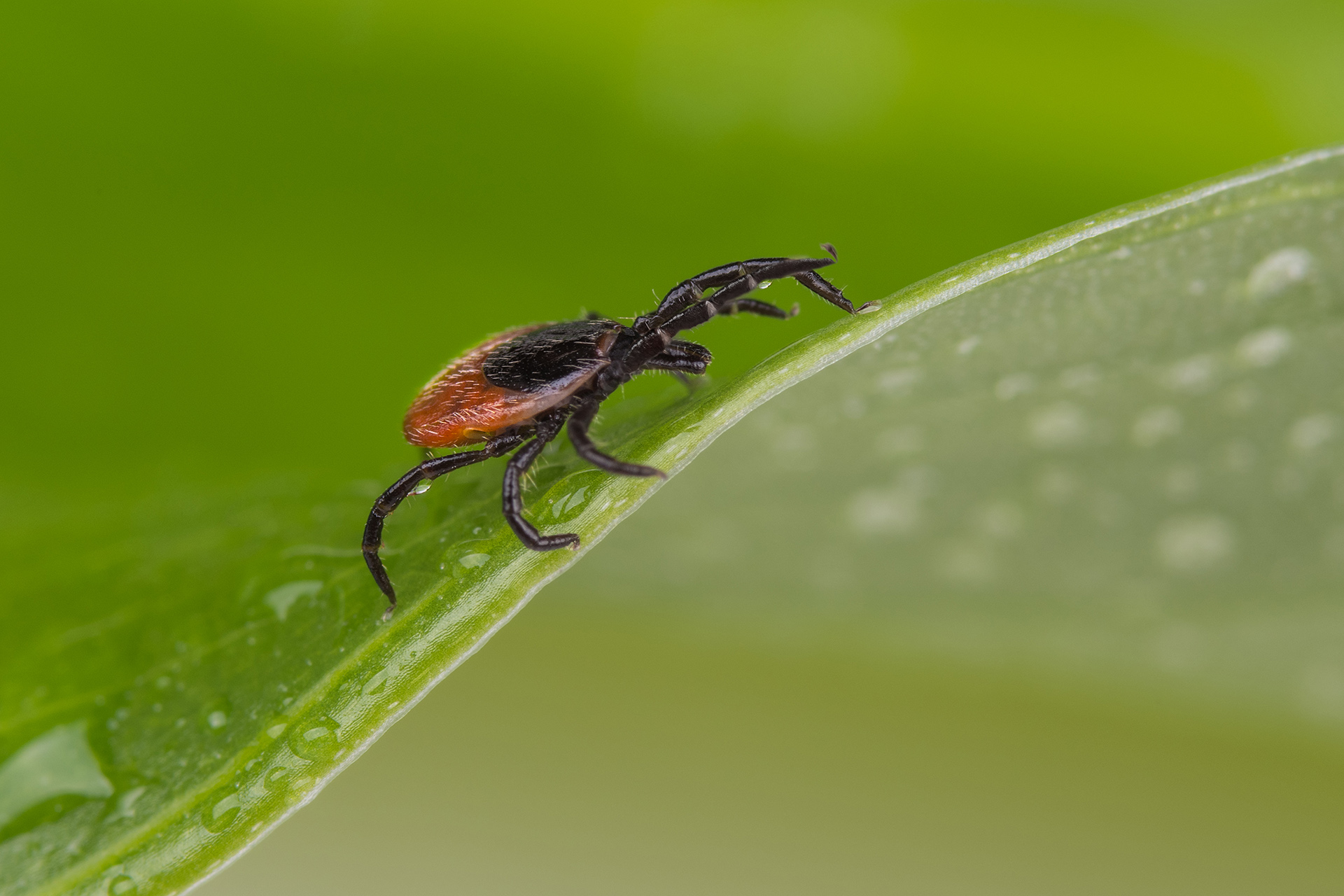
"Richard Pollack highlights that while it is important to enjoy nature for health benefits, there should be a healthy respect for potential dangers such as ticks."
"Gaurab Basu emphasizes the need for vigilance regarding tick season, as Lyme disease and other tick-borne illnesses are increasing."
"Basu notes that climate change has altered tick behavior, causing them to emerge earlier and remain active for longer durations."
"Cassandra Pierre mentions the increasing cases of Rocky Mountain spotted fever, particularly in southern Massachusetts, indicating a geographic expansion of tick-related diseases."
Public health officials warn that ticks are more prevalent this year due to milder winters and rainy conditions. Experts advise enjoying outdoor activities but also respecting the risks of ticks. Vigilance is crucial as cases of Lyme disease and other tick-related illnesses rise. Climate change contributes to altered tick behavior, with ticks emerging earlier and remaining active longer. Areas previously known as hot spots are still problematic, and new regions are experiencing increased tick activity and diseases like Rocky Mountain spotted fever.
Read at Harvard Gazette
Unable to calculate read time
Collection
[
|
...
]